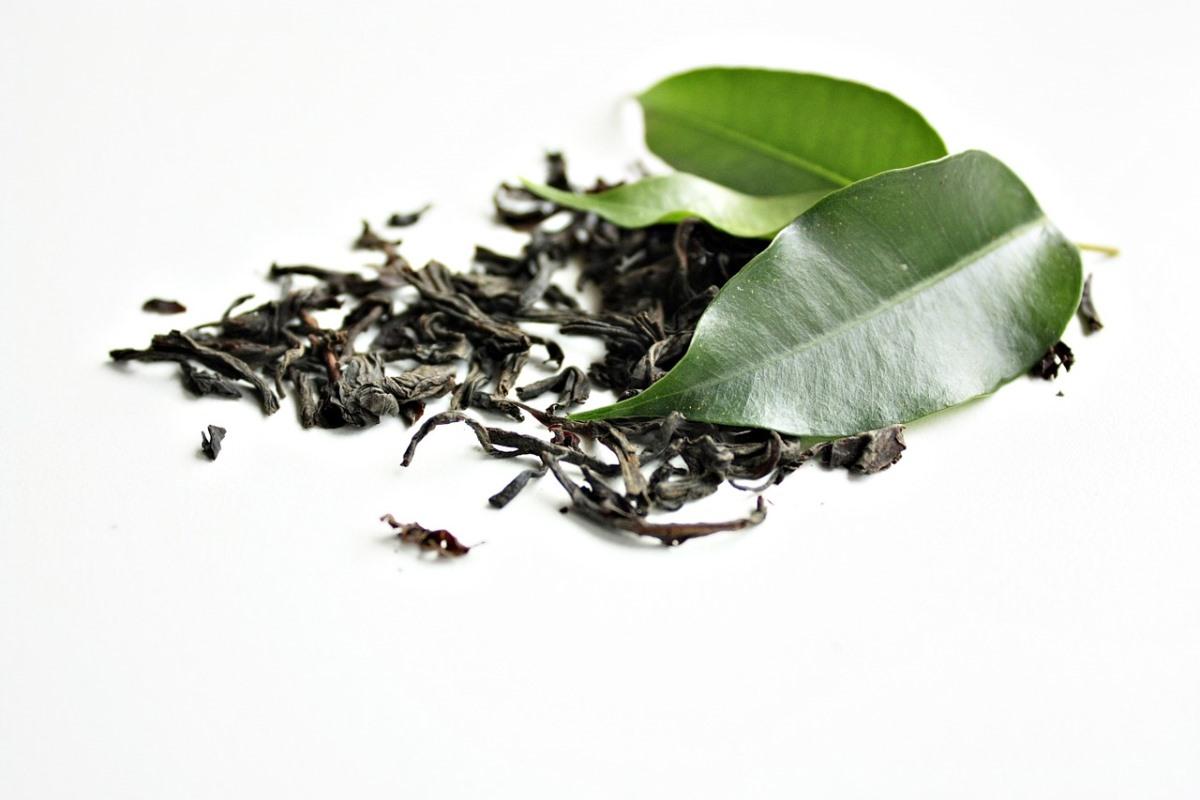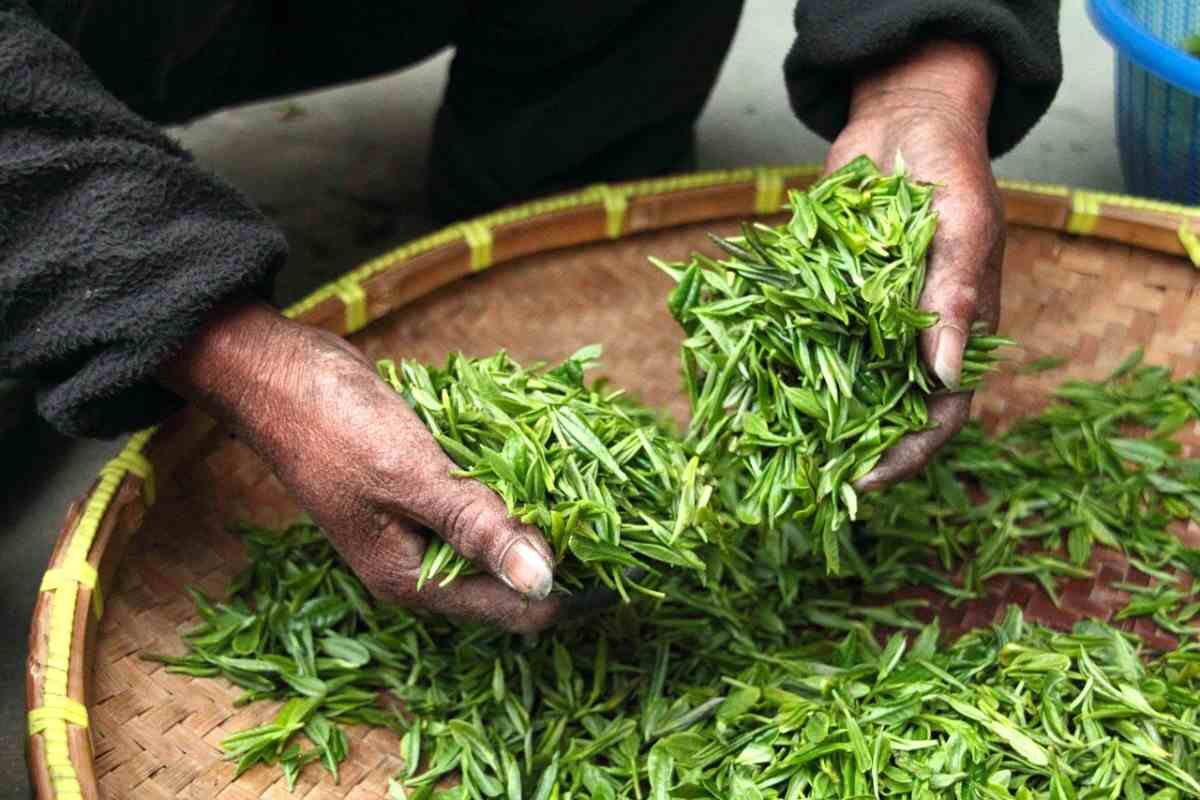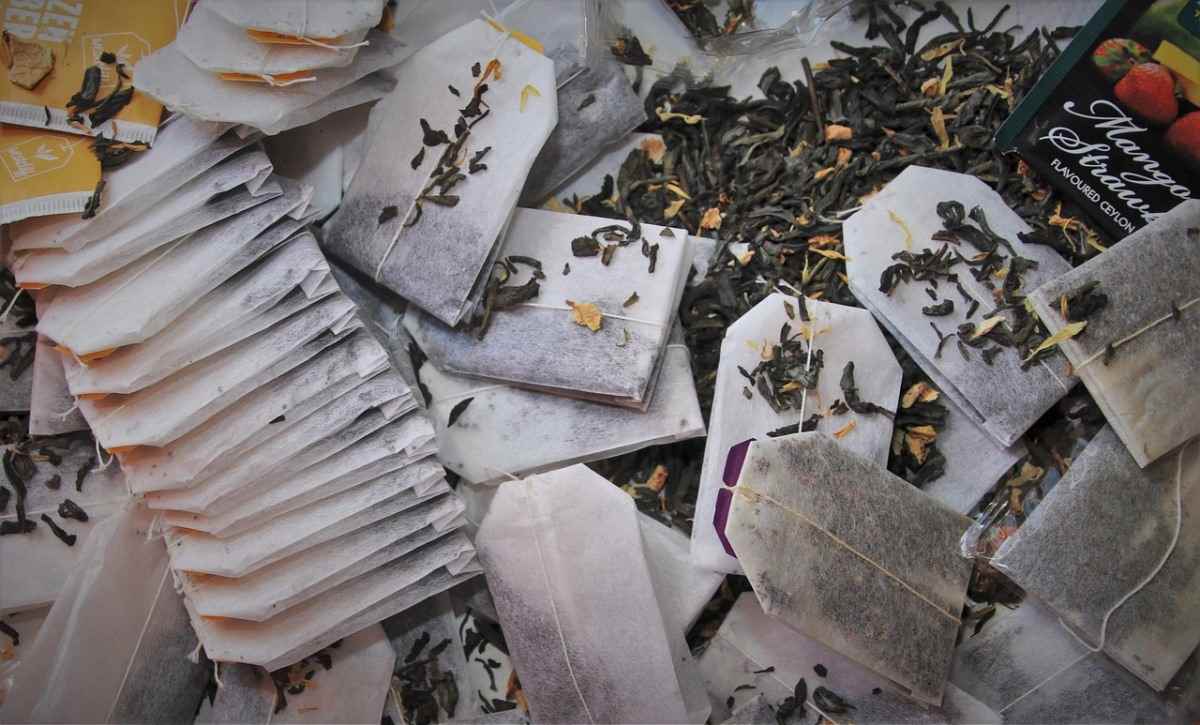Introduction to Tea Powder Project Report, Manufacturing Process Business Plan: Tea is the product that becomes inevitable for most families in India. Tea blending is a procedure of getting together teas from different regions with a particular level of flavor and liquor. Some places have tea with a low level of flavor and strength which do match the consumer choices. Because of the increasing market and fondness for particular flavor tea, we can predict the various potential causes to start a business.
Uses of Tea Powder: Tea is a product that consumer product that has high demand in the Indian market. The majority of the population has tea daily. More than 3-4 times a day on average it is consumed by people. Tea with various varieties, flavors, and juice is preferred by consumers. Even there are vending machines in corporate offices in present times.
Pre-mix tea or instant mix tea is even gaining popularity in the Indian tea market. Spiced, Ginger, or Elaichi, flavored tea is receiving more requests every day.
Moreover, wastages occurring during the blending step can be used as fertilizer and thus not only can generate income but also a supportive environment.
A Guide For Tea Powder Project Report, Manufacturing Process Business Plan

Business plan for starting Tea Powder Manufacturing Business
Before starting Tea Powder Manufacturing Business, you need to craft a perfect business plan by considering the following points.
- Industrial Outlook and Business Trends
- Market demand of the Tea Powder
- List of approvals required for starting the business
- Raw materials and machinery required
- Manufacturing process
- Project economics
- Marketing strategies to promote the product
Basis and Presumptions of Tea Powder Manufacturing Business
The Project Profile relies on the following assessments:
- Working hours/shift: 8 hrs.
- No. of shift/day:1
- Working days: 300
- Labor expenses: According to State Government’s Minimum Wages Act.
- Rate of interest: 15% per annum
- Costs of machinery and equipment: Taken based on A particular dealer
- Value of raw material: As per local market Packing material/others rate (on wholesale rate)
- Land: owned
- Building Construction charge: About Rs. 2000 per sq. ft.
- Break-even point will be estimated on a full capacity utilization basis
- Pay-back time is 7 years
Implementation schedule of Tea Powder Manufacturing Business
- Acquisition of premises 1 month
- Construction (if applicable) 2 months
- Procurement & installation of Plant & Machinery 2 months
- Arrangement of Finance 1 month
- Recruitment of required manpower 1 month
- Total time required (some activities shall run concurrently) 7 months
List of approvals required for starting Tea Powder Manufacturing Business
Tea powder is a food product. Hence the business requires various registrations and licenses before beginning. These requisites are mainly based on the location where you are planning to initiate the unit. However, it is suggested to contact local small business professionals and tax consultants.
- Primarily, you must define the management design of your organization. And then as per the design, register your business.
- Firstly, apply for MSME Udyog Aadhaar which is available as online registration.
- Then, the important trade license from the local municipality should be applied.
- The business comes under the food Industry category and requests consent from FSSAI which is also done online.
- Nowadays it is a must to apply for GST registration.
- Try to create a current account in any of the nearby banks.
- Then it is important to apply for the BIS certification. The Bureau of Indian Standards specification for the product is IS 966:1962. The product must also conform to the PFA Act, guidelines
Moreover, it is essential to check the tax liabilities as well for this business.
Industrial outlook and market trends of Tea Powder Manufacturing Business
Tea is a very prevalent beverage set by boiling leaves or buds plucked from the plant of Camellia saneness. Cultivation of organic tea is performed without using any harmful fertilizers and pesticides that are composed of harmful chemicals. The harmful chemicals might join our food chain and can cause dreadful health problems.
Tea acts as the best refreshing drink that aids in reducing stress and is thus desired worldwide. Organic tea contains high amounts of flavonoids and anti-oxidants.
Flavonoids help dip the risks of cardiovascular ailments and also help in letting down cholesterol. They are carefully used as anti-cancer and anti-aging agents that are the main causes of consumption.
Market potential of Tea Powder Manufacturing Business
The organic tea market can be segregated based on the type, form, distribution channel, packaging type, and region.
Based on the type, the organic tea market is divided into five chief segments which comprise white organic tea, black organic tea, green organic tea, oolong organic tea, and others. Out of these, the black organic tea segment is anticipated to take the lead and be seen dominating others in the market. Also, because of the growing awareness in people about the health benefits due to the consumption of green tea, the market for organic green tea is predicted to rise in the forecast period.
Based on form, the organic tea market is divided into dried leaf, liquid (organic iced tea), powder, and few others. The organic tea is present as dried leaf manner and is extensively consumed and the market is predicted to rise at a great pace.
Based on the packaging type, organic tea products are available in the form of paper pouches, cartons, cans, tea bags, and others. Because of ease in storage and high shelf life, organic tea in carton packages is highly desired by people.
Based on distribution channels, the organic tea market is partitioned into supermarkets/hypermarkets, online, convenience stores, specialty shops, and others. Supermarkets/hypermarkets take the largest share as it hosts the majority of organic tea and is likely to grow at a higher percentage.
Raw materials required for starting Tea powder Manufacturing Business
In case if you miss this: Paper Bags Manufacturing Project Report.

The basic raw material need for this business is various ranges of tea leaves that include high-quality tea and ordinary tea with different flavors and juice. To include other varieties in tea, other raw materials of Elaichi, spices, and ginger are needed. Food-grade polymers, cardboard boxes, and pouch materials are needed for packaging.
The manufacturing process of Tea Powder
High-quality tea and lower quality tea will be mixed using a Double cane Blender. The blended tea is added to the pouch fill pack-seal machine. Printed packets are even loaded in the filling equipment. The sealing and filling of pouches are performed by the machine. The filled pouches are next moved to corrugated cardboard boxes in which they are transported for shipping to market.
Tea Powder Project Report/ Economics of Tea Powder Manufacturing Business in India
Land: Rs. 2,00,000
Building: Rs. 2,00,000
Plant & Machinery: Rs. 4,85,000
Furniture, other Misc. Equipments: Rs. 50,000
Other Assets including Preliminary / Preoperative expenses: Rs. 49,000
Margin for Working Capital: Rs. 16,50,000
Total: Rs. 26,34,000
Means of Finance
Promoter’s contribution: Rs. 6,58,000
Bank Finance: Rs. 19,75,000
Total: Rs. 26,34,000
List of machinery required
Tea Blending Machine: Rs. 1,50,000
Packing and Sealing Machine: Rs. 2,50,000
Material Handling Equipments: Rs. 50,000
Weighing Scale: Rs. 20,000
Misc. Tools: Rs. 15,000
sub-total Plant & Machinery: Rs. 4,85,000
Office furniture and Electrification: Rs. 50,000
Sub total: Rs. 50,000
Preliminary and preoperative: Rs. 49,000
sub-total Other Assets: Rs. 49,000
Total: Rs. 5,84,000.
Marketing strategies for promoting your Tea Powder
How About This: Neem Cake Manufacturing Project Report.

Growing need and fondness for specific liquor and flavor, the tea market is gaining strength. The export market might also generate revenues when compared to the domestic market because the flavor of tea and its juicy content is liked by people across the globe. Preparing spiced tea and instant mixed tea can be cheap compared to other countries as labor is not that much costly and raw materials for tea and spices are easily available in abundance. In 2016, India started exporting tea of USD 306.9 million and this is estimated to rise to grow at a much larger pace in the future.
Other marketing strategies
Register in B2B and B2C websites to promote your product.
B2B websites: The websites like –
- Alibaba,
- Indiamart,
- Tradeindia,
- ExportsIndia will take the bulk orders for your product.
B2C websites: To sell the products directly to the customer, you may also market in the well-established websites like–
- Amazon,
- Snapdeal,
- Flipkart, etc.
- Handicraft Making at Home: A Small Profitable Business Idea
- Pet-Tech Startups: Innovations for Animal Lovers
- Tech Repair Services: Meeting the Demand for Gadget Maintenance
- Maximizing Rewards: Smart Credit Card Habits for Cashback and Points
- Ultimate Guide to Making Money from Goat Milk Business
- How to Start an Agricultural Value Added Product Business
- Value-Added Business Ideas for Greenhouse: The Best Ways to Make Profits with Greenhouse Farming
- How to Make Profits with Organic Country Chicken: Best Strategies for Beginners
- 10 Value-added Business Ideas for Millets: Low-investment and Highly Profitable
- Why Cleaning Service Business Becoming More Profitable in Metro Cities in India
- 10 Best Businesses to Start in Ayodhya for Profits
- Top Drone Business Ideas in India: Unlocking Aerial Innovation & Opportunities
- Top 10 Service Businesses You Can Start with No Money
- Ultimate Guide to Starting a Home-Based Advertising Agency Business
- Starting a Nail Salon Near Your Location: Check List, Business Plan, Licensing, and Opening Instructions
- Construction Company Name Ideas: Guide to Create New Construction Company Names
- 8 Best Small Businesses to Start in Hyderabad: Low-Cost and Profitable
- 10 Best Small Businesses to Start in Massachusetts: Low-Cost and Profitable
- 10 Best Small Businesses to Start in Maryland: Low-Investment and Profitable
- 10 Best Small Businesses to Start in Delaware: Low-Investment and Profitable
- 10 Best Small Businesses to Start in Connecticut: Low-Investment and Profitable
- Top 10 Best Online Pet Business Ideas: Exploring Cats to Dogs
- 10 Best Small Businesses to Start in Colorado: Low-Investment and Profitable
- Top 10 Profitable Small Business Ideas in California: Low-Investment Tips
- From Little Rock to Fayetteville: Top 10 Profitable Small Business Ideas in Arkansas
- Top 10 Profitable Small Business Ideas in Alabama: Discover Opportunities in Alabama’s Growing Cities
- Top 10 Profitable Small Business Ideas in Arizona: Discover Opportunities in Arizona’s Growing Cities
- Golf Business Ideas: Exploring Golf Course Money Making Ideas
- Low Capital Profitable Small Farm Ideas: Farming Ideas to Make Money
- How to Write a Business Plan for Daycare: Exploring from Financial Projections to Risk Management
- Home Daycare License Requirements: Exploring State-wise In-home Daycare Requirements
- How Profitable is Day Care Business: How Much Does a Daycare Owner Make a Month or Year?
- How to Open a Daycare Center in Toronto, Canada: Business Plan, Licenses and Permits